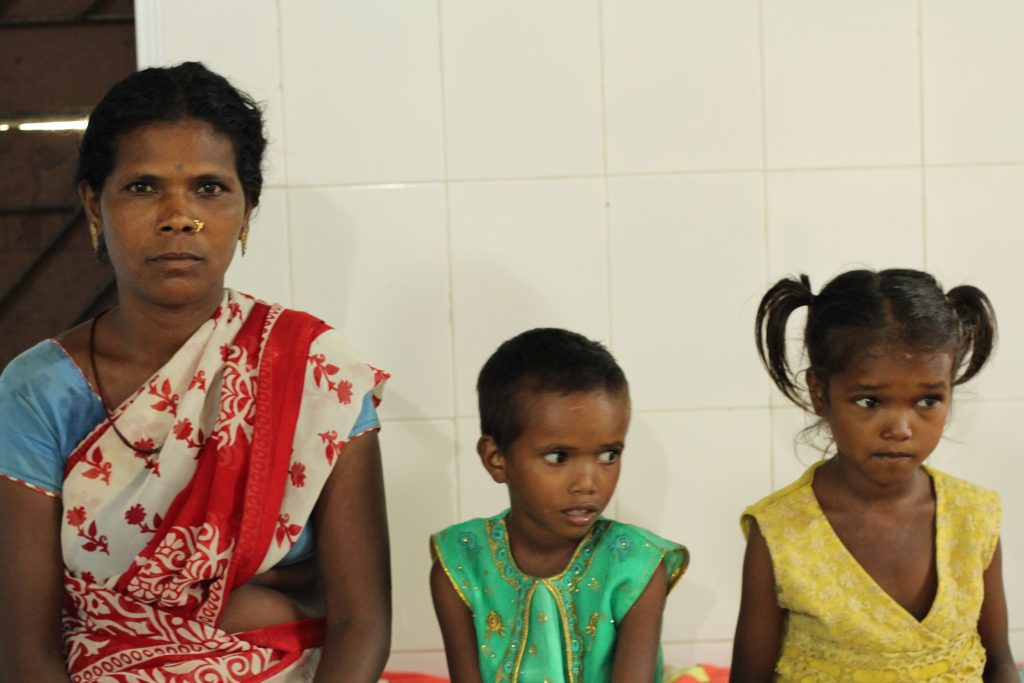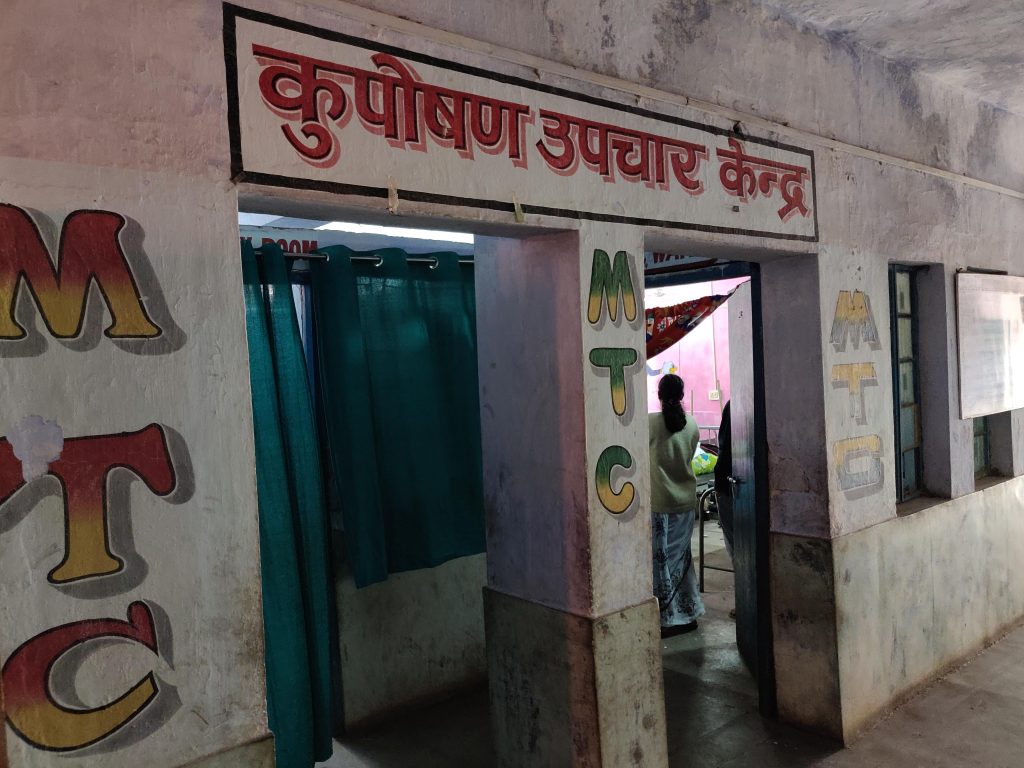
‘We’re good at making laws, not implementing them’
Dr Sabu George, who has been working against female foeticide for four decades, tells us why civil society organisations, courts and media have to join forces to tackle the issue

Dr Sabu George, who has been working against female foeticide for four decades, tells us why civil society organisations, courts and media have to join forces to tackle the issue
Sabu George: I’ve done a lot of litigation to build jurisprudence on protecting child rights and ensuring better implementation of the laws. In India, while we are very good at making laws, their implementation is really poor, especially social legislation like dowry prohibition and domestic violence.
We made two prayers to the Supreme Court in 2001. First, for better implementation of the Pre-Conception and Pre-Natal Diagnostic Techniques Act 1994 (PNDT); and second, to expand the ambit of discrimination covered under the Act. We requested the Supreme Court to include the pre-natal discrimination of gametes and embryos too.
The court categorically told the government to amend the law. I later spent time working with the government of India on the amendments to the PNDT Act. These amendments strengthened the Act and widened the scope of discrimination. All forms of discrimination were covered and we created very clear reporting mechanisms.

Earlier any clinic could buy an ultrasound machine. The court directed that the ultrasound machines could be sold only to registered clinics. Two years later, the sale of ultrasound machines actually reduced in India.
In a different case in 2008 I also posed questions to Google. Nine years later, the Supreme Court ordered search engines like Google to keep out ads selling selection kits. It also directed the central government to come up with technical solutions to prevent such ads from popping up.
Sabu George: My earlier work as part of my thesis was on improving the nutritional growth of children. I worked for four years in 12 remote villages of Tamil Nadu that had no access to government nutrition programmes. Of these, girls were being killed in six villages.
We intervened by not just providing food, but also by educating communities. Till the end of the 1990s, most discrimination against girls in India happened after birth. Girls were neglected deliberately and given less breast milk, food and medical care.
Sabu George: I graduated from Indian Institute of Technology Bombay in 1980 and later went to the USA to study public health. In 1985 I came back to India for my field work. I was inspired to work in villages. That is why for my doctoral dissertation on nutrition and public health, I spent four years in rural parts of Tamil Nadu.
I did some research work on female foeticide in Sweden, United States, Canada, and the United Kingdom. But my focus has been on the issue in India.

Over the years I’ve done extensive public advocacy with the media on the issues of foeticide and infanticide. Between 2002 and 2014, we did 20 two-day workshops with the media.
Sabu George: At the end of this April, I will complete 38 years of work on discrimination against girl children.
You have to be involved — that’s what I’ve learned over the last four decades. If I were sitting in America and only dreaming about India, I would not have been able to do so much. I probably would have been more well known in India in that case.
But doing a wide variety of work involving media, civil society, government and the courts requires active presence on the ground. For instance, the medical associations have filed so many cases in the court against the PNDT Act. But they haven’t been successful even once because some of us made sure that we were present to intervene in these. A lot of these efforts are often not seen.
So a lot of petitions are filed just because somebody wants to make money or has a vested interest. I have spent years working on the ground and have built an understanding of what needs to be done. What is important is to have a certain commitment and also be willing to work with different people. Like I did with Pradan and other organisations, courts and media. You have to use whatever opportunities you get. Some work, some don’t.
Lead illustration is by Yumi Chen (Shutterstock)